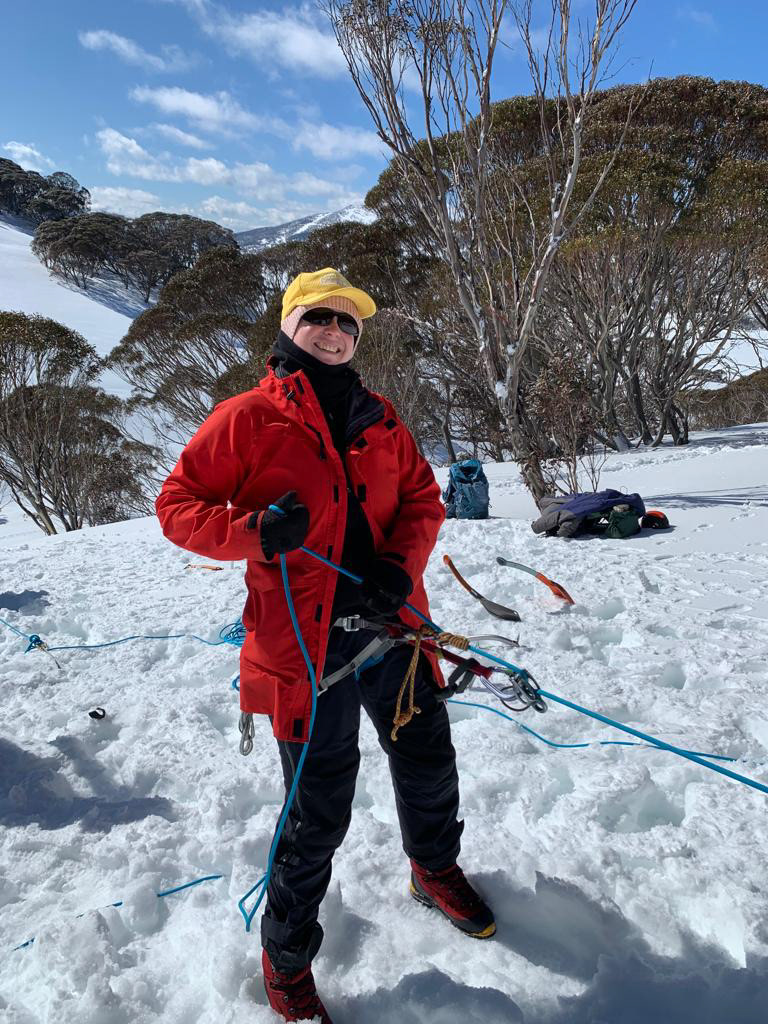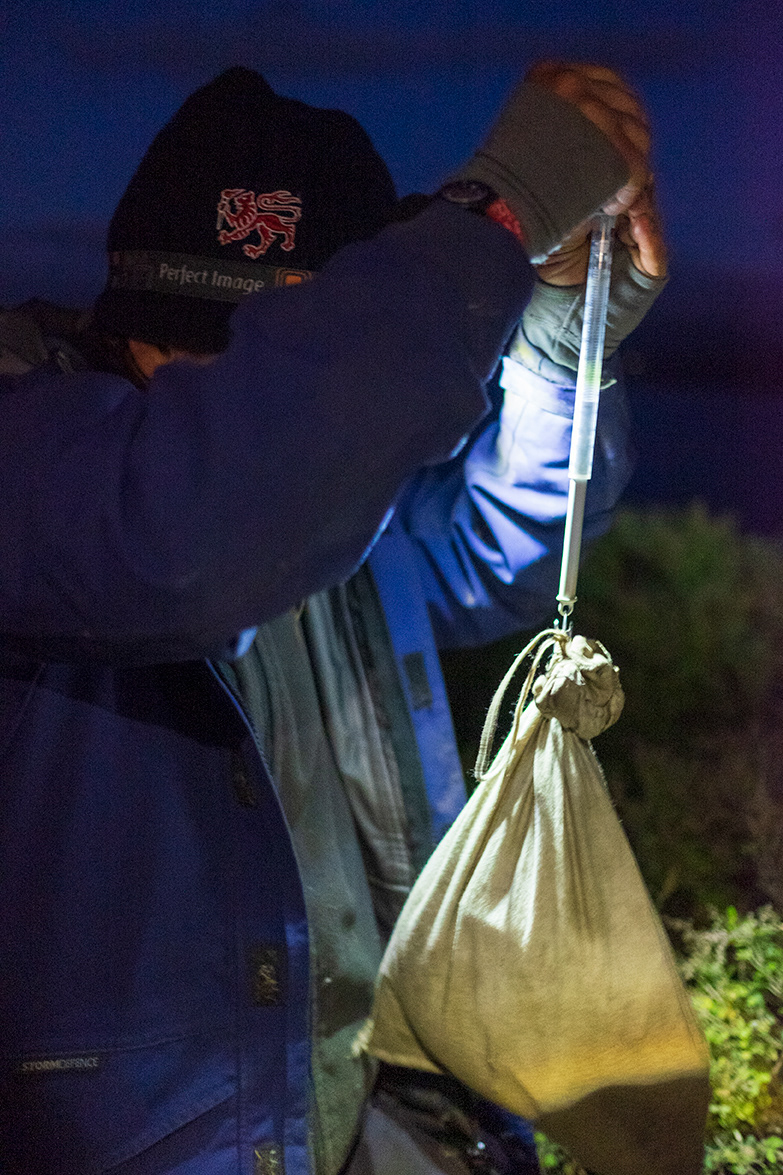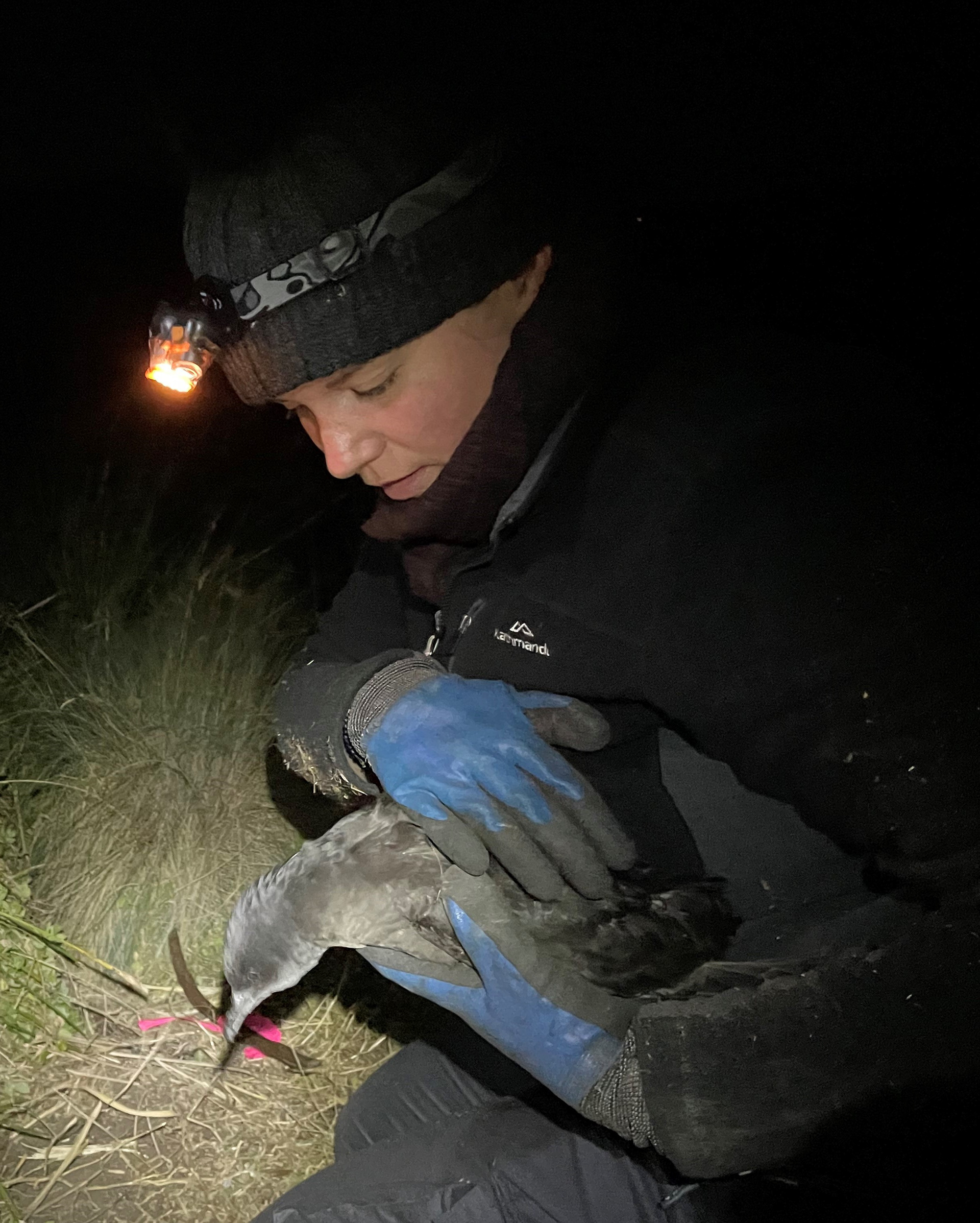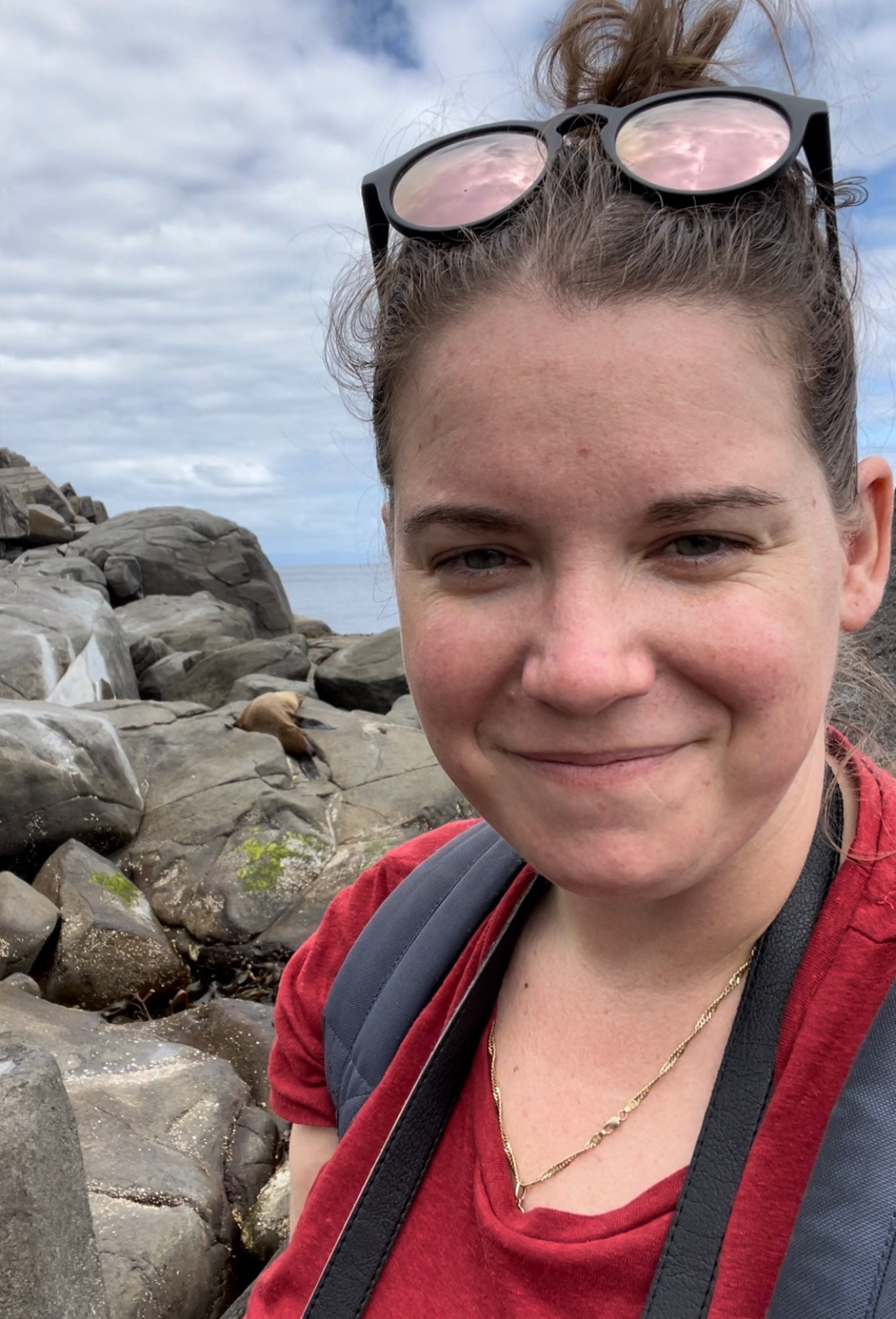- CURRENT RESEARCH -
Research project: 2024-2025
Assessing the vulnerability of southern right whale and blue whale populations to disturbance from wind farm developments
lead by: Sophia Volzke and Associate Professor Rebecca Dunlop at the University of Queensland (UQ)
This highly collaborative project aims to develop an interim Population Consequence of Disturbance model for blue whales (Balaenoptera musculus) and southern right whales (Eubalena australis), to inform policymakers on the likelihood of a population level impact of wind farm developments off the Australian coast.
PhD (Doctor of Philosophy by Research) 2021-
The demography southern elephant seals (Mirounga leonina) under changing climatic conditions
Supervisors & Advisors: Dr Jaimie Cleeland (UTAS -IMAS, AAD), Dr Simon Wotherspoon (AAD), Prof Mark Hindell (UTAS -IMAS), Dr Clive McMahon (IMOS, SIMS) & Dr Stuart Corney (UTAS -IMAS)
With monitoring dating back to the 1960s, Macquarie Island holds one of the most continuously studied elephant seal populations. This population has been shown to be in continuous decline, while other populations of the species are stable or increasing. Sophia is developing demographic models to analyse the vital rates of this population under changing climatic conditions.
In 2023, Sophia published on the life-history differences associated with age-dependent survival in this sexually dimorphic marine mammal. Additionally, her Honours research and recent (2024) publication identified broad scale climate indices that influence the survival of female and male elephant seals over long time series. Her current research will focus on what localised environmental covariates may be driving this external influence on the population dynamics, with the aim to develop models that can be expanded into making future projections.
In 2023, Sophia published on the life-history differences associated with age-dependent survival in this sexually dimorphic marine mammal. Additionally, her Honours research and recent (2024) publication identified broad scale climate indices that influence the survival of female and male elephant seals over long time series. Her current research will focus on what localised environmental covariates may be driving this external influence on the population dynamics, with the aim to develop models that can be expanded into making future projections.
- PROFESSIONAL ACCOMPLISHMENTS -
2023 - ongoing
Society for Marine Mammalogy (SMM) - Student Member at Large
April 2023
SMM Australia New Zealand Student Chapter Conference
- Lead organiser & workshop host -
- FIELD WORK -

Mountaineering & ice climbing

Animal welfare (& ethical handling)

Boating

Capture-mark-recapture

Wildlife monitoring
- PREVIOUS RESEARCH -
Bachelor of Marine and Antarctic Science with Honours (IMAS UTAS) 2020
Climate influences on female survival in a declining population of southern elephant seals (Mirounga leonina)
Supervisors: Dr Simon Wotherspoon (UTAS, AAD), Prof Mark Hindell (UTAS, ACE CRC), Dr Clive McMahon (IMOS - SIMS)
Southern elephant seals (Mirounga leonina) from Macquarie Island have consistently decreased in population size while all other major populations across the Southern Ocean have recently stabilised or are increasing. Two long-term mark-recapture studies (1956-1967 and 1993-2009) have monitored this population, which provides an opportunity to investigate demographic performance over a range of climatic conditions. Using a 9-state matrix population model, we estimated climate influences on female survival by incorporating two major climatic indices into our model: The Southern Annular Mode (SAM) and the Southern Oscillation Index (SOI). Our best model included a one year lagged effect of SAM and an unlagged SOI as covariates. A positive relationship with SAM1 (lagged), related the previous year’s SAM with juvenile survival, potentially due to changes in local prey availability surrounding Macquarie Island. The unlagged SOI had a negative effect on both juvenile and adult seals, indicating that sea-ice dynamics and access to foraging grounds on the East Antarctic continental shelf could explain the different contributions of ENSO events on the survival of females in this population.
Undergraduate Research Subject (IMAS UTAS) 2019
Modelling Seabird Survival
Using Hidden Markov Models to analyse long time series mark-recapture data
Using Hidden Markov Models to analyse long time series mark-recapture data
Supervisors: Dr Simon Wotherspoon (UTAS, AAD), Prof Mark Hindell (UTAS, ACE CRC)
Ecologists have long used mark-recapture studies to compose life tables and gain insights into species population dynamics. Modern technological advancements enable us to apply ecological modelling techniques to these methods to perform more complex analyses. This research aims to develop Hidden Markov Models to analyse the survival of long-lived migratory seabird species by extracting demographic information from long timeseries mark-recapture data. A local case study of a small colony of short-tailed shearwaters inspired this project to ensure models are developed in a realistic context. Common issues are addressed when working with long-timeseries datasets, which have been compiled by multiple authorities and monitoring programs over the years. Three Hidden Markov Models are proposed, which vary in their complexity and ability to match the shearwater’s life history and juvenile development. Our results show accurate predictions for survival parameters but some difficulty estimating secondary parameters such as the probability of maturing and estimating the sex of the adult bird. Our most complex Model performed the best due to the incorporated life history traits. Model testing by simulation and bias analysis also showed Model 3 was most successful at modelling seabird survival. This research could be extended by allowing survival and detectability parameters to change over time and relating any trends in seabird survival to variations in environmental covariates.
